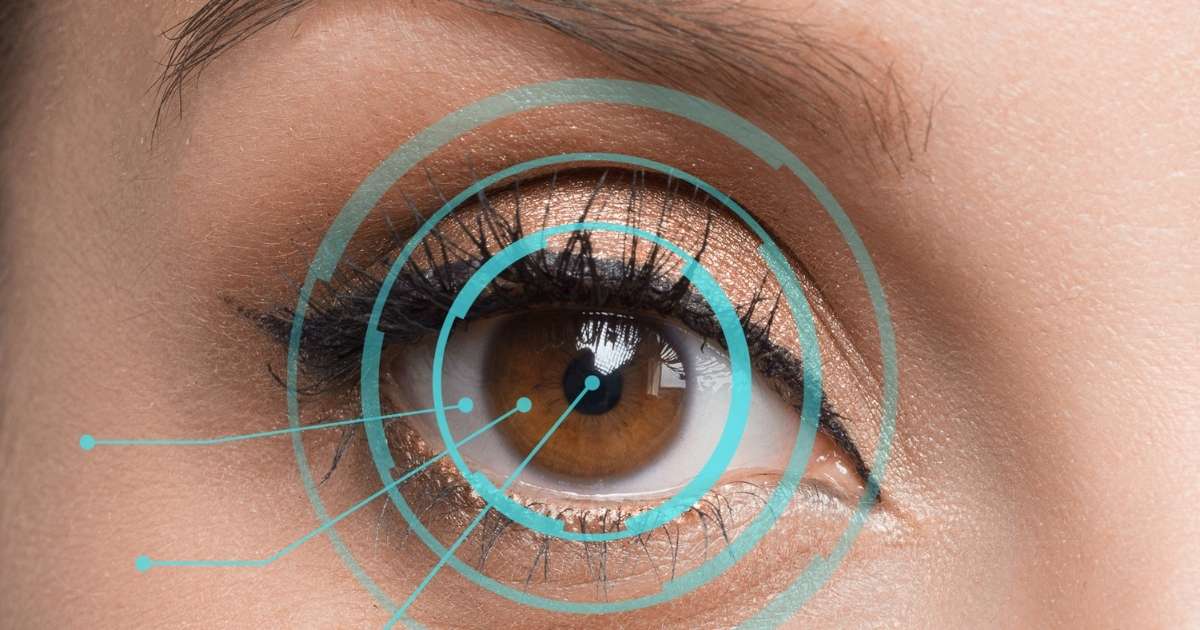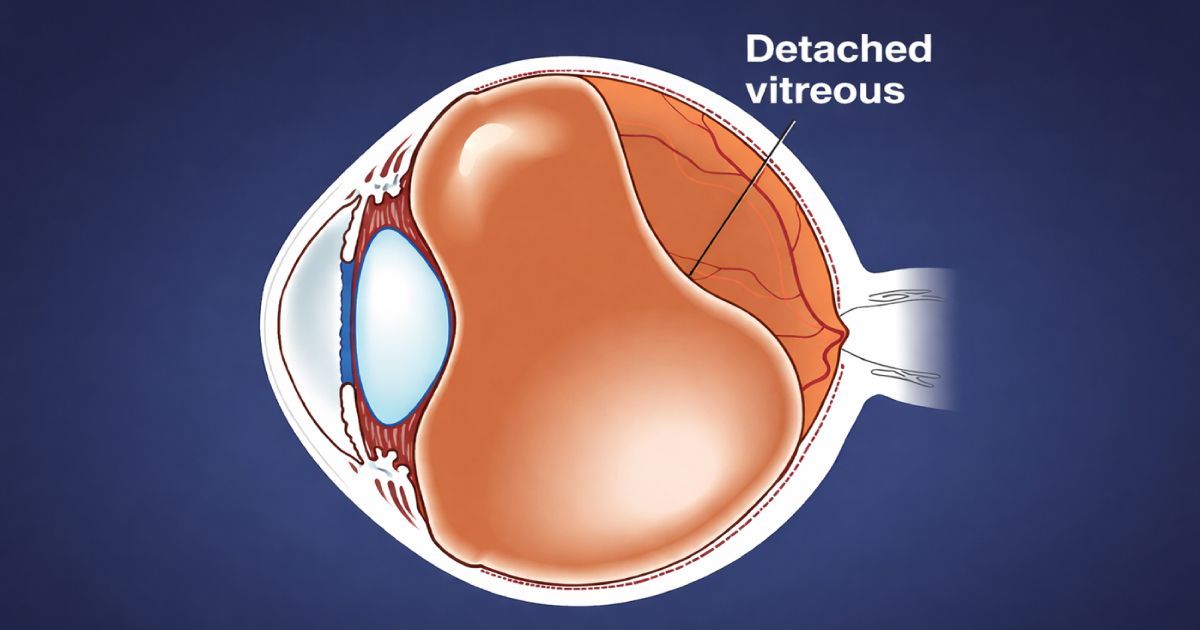Learn About Cataracts - Symptoms, Causes, and Treatments

Read time: 3 minutes
Cataracts – a clouding of the lens of the eye, which prevents passage of light into the eye – are one of the leading causes of blindness in the world. As such, June has been designated as Cataract Awareness Month. In the United States, cataracts are the leading cause of vision loss and they affect an estimated 25 million Americans over the age of 40. This number is projected to continually grow in the coming years, with women being disproportionately impacted. Though prevalent, cataracts are highly treatable – especially when they are caught and monitored early. While surgery is the only way to remove cataracts, it is not typically immediately warranted. Cataracts can develop and worsen over time and sometimes can be managed in the early states with prescription glasses.
What is a Cataract?
Put simply, a cataract is a clouding of the eye’s lens. This clouding changes or obstructs the passage of light into the eye and through to the retina, making vision blurry or dim.
Our eye’s lens behaves much like the lens in a camera. When a camera’s lens is dirty from obstructions like dust or oil from stray fingerprints, light can’t easily pass through the lens and images will appear dull and cloudy. Once a camera’s lens is cleaned, more light is able to pass through to the camera’s sensors, helping images become more bright, crisp, and vibrant—much like a cataract-free lens in our eye.
Cataracts offer many signs and symptoms
Cataracts often begin small and go largely unnoticed. Over time, they grow larger and your vision may become dull or blurry, much like images from the smudged camera lens we discussed earlier. Here are some common symptoms of cataracts:
- Clouded, blurred or dim vision
- Increasing difficulty with vision at night
- Sensitivity to light and glare
- Seeing “halos” around lights
- Frequent changes in eyeglass or contact lens prescription
- Fading or yellowing of colors
- Double vision in a single eye
Cataracts aren't just caused by advanced age
There are several potential causes for cataracts, but most are due to age-related changes in the lens. That being said, some risk factors include:
- Diabetes
- Smoking
- UV radiation
- Hypertension
- Obesity
- Family history
- Significant alcohol consumption
Prevention and treatment can lead to clear vision
Cataracts can’t always be prevented, but simple practices can be put in place to maintain and promote healthy vision. Always remember to eat a nutrient-rich diet filled with fruits and vegetables, and be sure to protect yourself from harmful UV rays by wearing sunglasses and hats during outdoor activity.
Fortunately, when cataracts cannot be prevented, they can be treated with full restoration of vision. Early symptoms may be improved with new eyeglasses, brighter lighting, or anti-glare sunglasses. If these measures do not help, surgery is the only effective treatment.
Surgical cataract removal is the most frequently performed surgery in the United States. It is a simple and highly successful procedure that consists of removing the clouded lens from the eye and replacing it with a clear, artificial lens. While each person heals differently, many patients report clear vision within hours of the surgery.
We care about your lifelong health
As your lifelong eye care provider, we are committed to helping you through every stage of life. As you age, watch for changes in your vision, as well as for signs of cataracts. If you have any questions, feel free to let us know or make an appointment to visit us today.
Share this blog post on social or with a friend:
The information provided in this article is intended for general knowledge and educational purposes only and should not be construed as medical advice. It is strongly recommended to consult with an eye care professional for personalized recommendations and guidance regarding your individual needs and eye health concerns.
All of Urban Optiks Optometry's blog posts and articles contain information carefully curated from openly sourced materials available in the public domain. We strive to ensure the accuracy and relevance of the information provided. For a comprehensive understanding of our practices and to read our full disclosure statement, please click here.


















